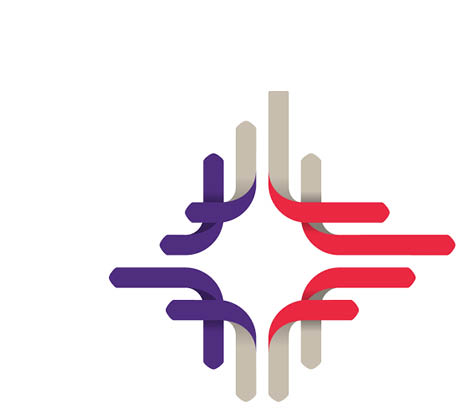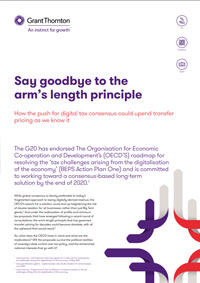-
Audit Industry, Services, Institutions
More security, more trust: Audit services for national and international business clients
-
Audit Financial Services
More security, more trust: Audit services for banks and other financial companies
-
Corporate Tax
National and international tax consulting and planning
-
Individual Tax
Individual Tax
-
Indirect Tax/VAT
Our services in the area of value-added tax
-
Transfer Pricing
Our transfer pricing services.
-
M&A Tax
Advice throughout the transaction and deal cycle
-
Tax Financial Services
Our tax services for financial service providers.
-
Advisory IT & Digitalisation
Generating security with IT.
-
Forensic Services
Nowadays, the investigation of criminal offences in companies increasingly involves digital data and entire IT systems.
-
Regulatory & Compliance Financial Services
Advisory services in financial market law and sustainable finance.
-
Mergers & Acquisitions / Transaction Services
Successfully handling transactions with good advice.
-
Legal Services
Experts in commercial law.
-
Trust Services
We are there for you.
-
Business Risk Services
Sustainable growth for your company.
-
IFRS Services
Die Rechnungslegung nach den International Financial Reporting Standards (IFRS) und die Finanzberichterstattung stehen ständig vor neuen Herausforderungen durch Gesetzgeber, Regulierungsbehörden und Gremien. Einige IFRS-Rechnungslegungsthemen sind so komplex, dass sie generell schwer zu handhaben sind.
-
Abacus
Grant Thornton Switzerland Liechtenstein has been an official sales partner of Abacus Business Software since 2020.
-
Accounting Services
We keep accounts for you.
-
Payroll Services
Leave your payroll accounting to us.
-
Real Estate Management
Leave the management of your real estate to us.
-
Apprentices
Career with an apprenticeship?!
The G20 has endorsed the The Organisation for Economic Co-operation and Development’s (OECD’S) roadmap for resolving the ‘tax challenges arising from the digitalisation of the economy’. The reallocation of profits and minimum tax proposals [PDF 3 MB] that have emerged following a recent round of consultations could put an end to the arm’s length principle that has governed transfer pricing for decades.
After a slow and tentative start, the OECD’s push for a solution on how to allocate and tax the profits from digital business is gathering momentum.
Following consultations, initial proposals from earlier in the year have now been crystallised into a twin-pillar framework and a series of detailed options within it [PDF 3 MB]. With the backing of the G20, the OECD has also set an ambitious roadmap for reaching an internationally-agreed consensus by the end of 2020.
So, what is being proposed within the OECD’s programme of work and what are the implications?


